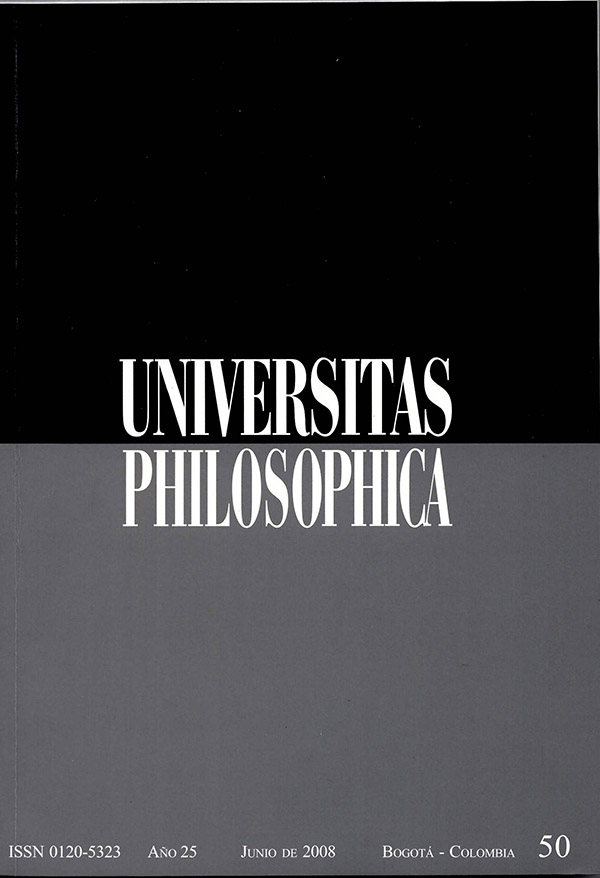Abstract
In order to uplift the term ‘recognition’ into a philosophical status the theoretical elements of synthesis, scheme and time are seen in a problematic and suggestive direction. What Ricoeur calls ‘agesture in renunciation of Kant’ in The Course of Recognition, becomes a starting point to characterize recognition in a different dimension no longer restricted to the transcendental level of categories of relation. After defining recognition in the contextof the Kantian reflection of the triple synthesis, this essay is devoted to the transcendental schematism and the homogeneous character of time in between sensible and conceptual fields. Finally, the idealist profile in the definition of time is questioned trying to reflect on its concept with no reference to its conditionsof possibility.This journal is registered under a Creative Commons Attribution 4.0 International Public License. Thus, this work may be reproduced, distributed, and publicly shared in digital format, as long as the names of the authors and Pontificia Universidad Javeriana are acknowledged. Others are allowed to quote, adapt, transform, auto-archive, republish, and create based on this material, for any purpose (even commercial ones), provided the authorship is duly acknowledged, a link to the original work is provided, and it is specified if changes have been made. Pontificia Universidad Javeriana does not hold the rights of published works and the authors are solely responsible for the contents of their works; they keep the moral, intellectual, privacy, and publicity rights.
Approving the intervention of the work (review, copy-editing, translation, layout) and the following outreach, are granted through an use license and not through an assignment of rights. This means the journal and Pontificia Universidad Javeriana cannot be held responsible for any ethical malpractice by the authors. As a consequence of the protection granted by the use license, the journal is not required to publish recantations or modify information already published, unless the errata stems from the editorial management process. Publishing contents in this journal does not generate royalties for contributors.


